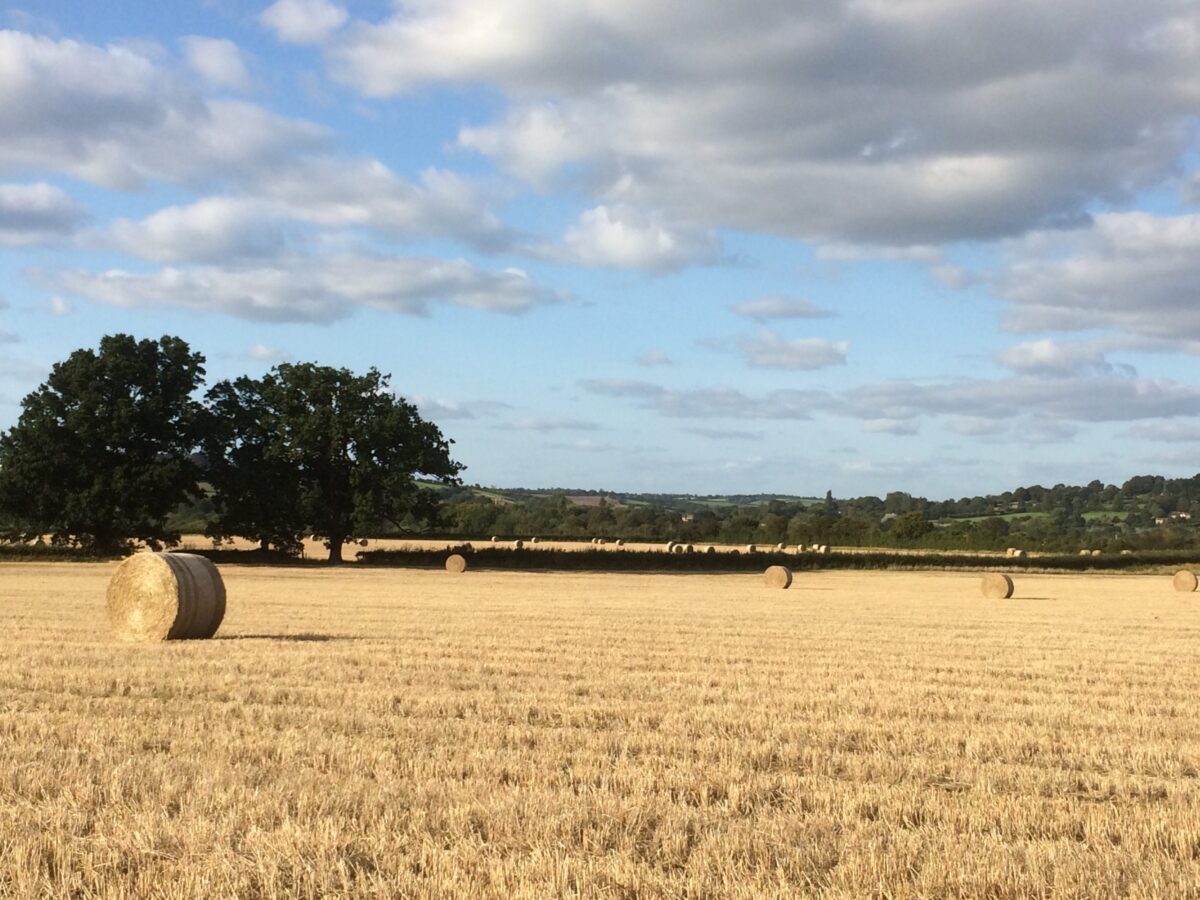In recognition of World Bee Day, Chris Kaminker, Lombard Odier’s Head of Sustainable Investment Research & Strategy, explores the negative impact climate change and pesticide use is having on global bee populations, and highlights the importance of placing real value on Natural Capital to move towards a sustainable economy.
Natural Capital comes in many forms: topsoil on which we grow crops; the water we drink and that powers turbines; plants from which we extract medicinal compounds; trees which we use to manufacture paper and maintain our air quality; and biodiversity that helps to protect us from disease and supports ecotourism. In fact, more than 50% of the world’s gross domestic product is moderately or heavily dependent on nature in all its various forms.
And central to many of these precious assets are bees given their important role as pollinators.
A whole host of dependent economic enterprises — apple cider mills, apple juice processing plants, almond oil companies and more, would collapse without these natural products. And these are just two of the world’s crops that depend on bees and other pollinators. Without bees, the range of fruit and vegetables that we have would shrink or else we would have to rely on artificial pollinators at a significantly higher cost. In fact, some 75% of agricultural crops depend on some form of animal pollination – and most of that is a result of bees.
It’s not just the businesses that directly depend on crops that would falter if bees were gone. Fewer fruits and vegetables would lead to poor nutrition and increased disease, straining healthcare systems to the breaking point. For those who could get access to fruits and vegetables, they would find that the cost had spiralled. It’s a domino effect that’s just waiting to be set into motion. Already we have seen how the decline of biodiversity affects other parts of our ecosystems – spikes in infectious disease as fewer species can host parasites being one example. Dwindling bee populations, and the plants dependent on their pollination, would have knock-on effects on the functions that ecosystems provide, such as filtering water, maintaining fertile soil and even the air we breathe. In short, our natural habitats would be in jeopardy.
The wrong direction
Climate change is also altering bee distribution patterns. Usually bees prefer deserts and temperate environments as opposed to tropical climates. But varying weather patterns are affecting where temperate weather can be found. As a result, they are having to find their way anew.
Global bee populations are dwindling quickly, devastated by climate change, pesticide use and disease. Honey bees decreased by 60% in the United States between 1947-20081. In Europe, 12 bee species are critically endangered. All too suddenly, the possibility of many of our crops disappearing is very real.
In March, the UK government reversed course on its action on neonicotinoids and kept its ban intact. This might be a win to protect bees — for now. But we need to stay vigilant and keep an eye out for red flags. We simply can’t afford any more permanent loss of biodiversity and Natural Capital in exchange for short-term gain.
From WILD to CLIC™
The problems with bee populations are not the only ones worth focusing on. About one million species are at risk of extinction. Relentless destruction of Natural Capital without regard for its true value is decimating the planet.
Despite these dire circumstances however, there is a way to reverse course – to move from a WILD to a Circular, Lean, Inclusive and Clean (CLIC™) economy.
How do we get there?
First, we need a better accounting system. We need to factor in the true value of Natural Capital. A more circular bio-economy that both preserves Natural Capital and harnesses more nature-based solutions can ensure we progress to a more nature-positive economy. Recognising the value of Natural Capital such as bees will enable us to factor those costs into every action we take. We will think twice before spraying pesticides in the near-term or slowly destroying bee habitats over decades.
Second, we need to explore CLIC™-based solutions to prevent further loss of bee species. These include the use of more nature-friendly farming methods. This could be precision farming that minimises the use of agrochemicals or their runoff into soils and waterways. Or measures that promote biodiversity through re-wilding and a transition from monocultures (the growing of single crops) to permaculture (focusing on managing land in a manner that resembles flourishing ecosystems).Towards net zero
Since climate change affects bees too, moving to a net zero economy will help prevent further damage. We will achieve net zero when the amount of carbon dioxide we release into the atmosphere is offset by an equivalent reduction. Ultimately, however, we need to move to an economy characterised not only by net zero emissions, but also by zero waste, and zero species loss.
For too long, humans have harnessed Natural Capital without regard for the consequences from such practices. The challenges bees face in today’s global ecosystem are but a glimpse of what lies ahead.
Placing real value on Natural Capital will move us towards an ever-urgent imperative: a sustainable economy. We can finally move from WILD to CLIC™ consumption and such a transition can take a real sting out of what has largely been devastating news on our impact on climate change and the natural environment.





